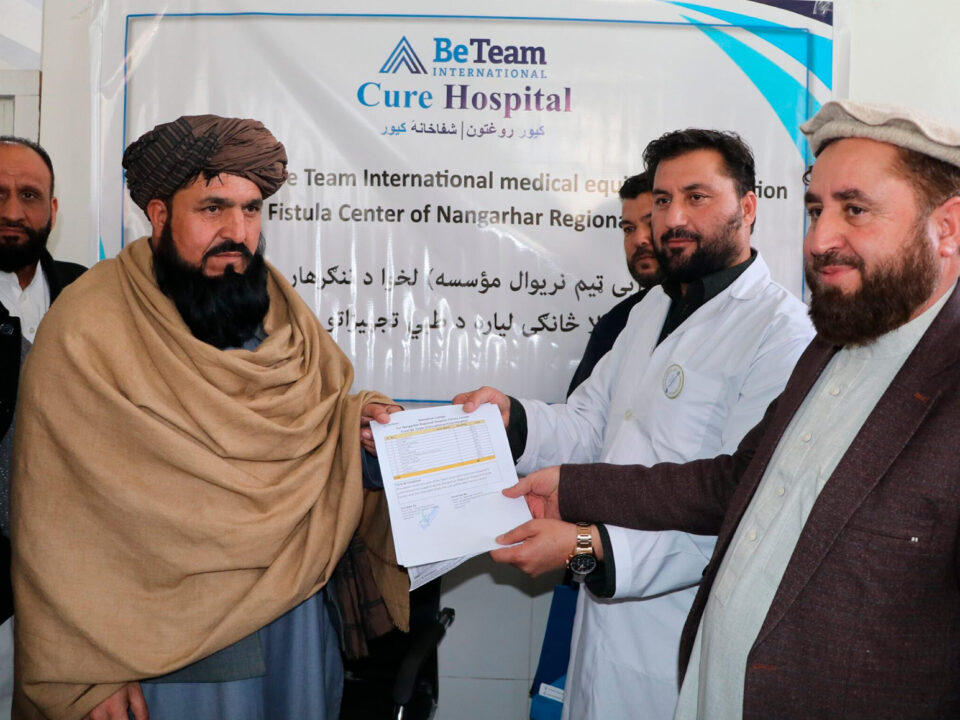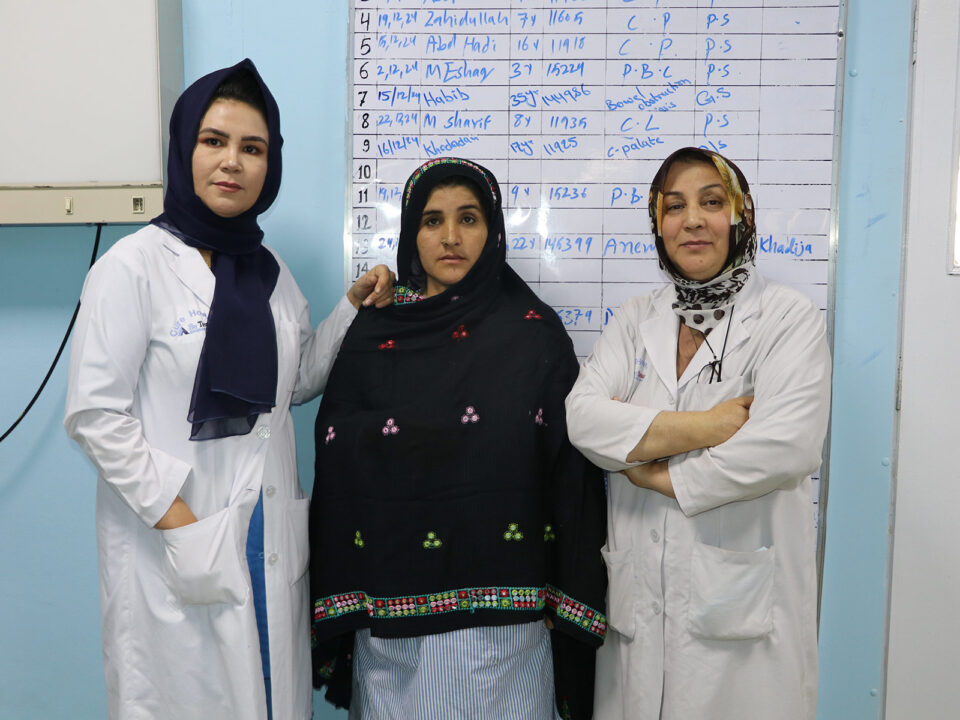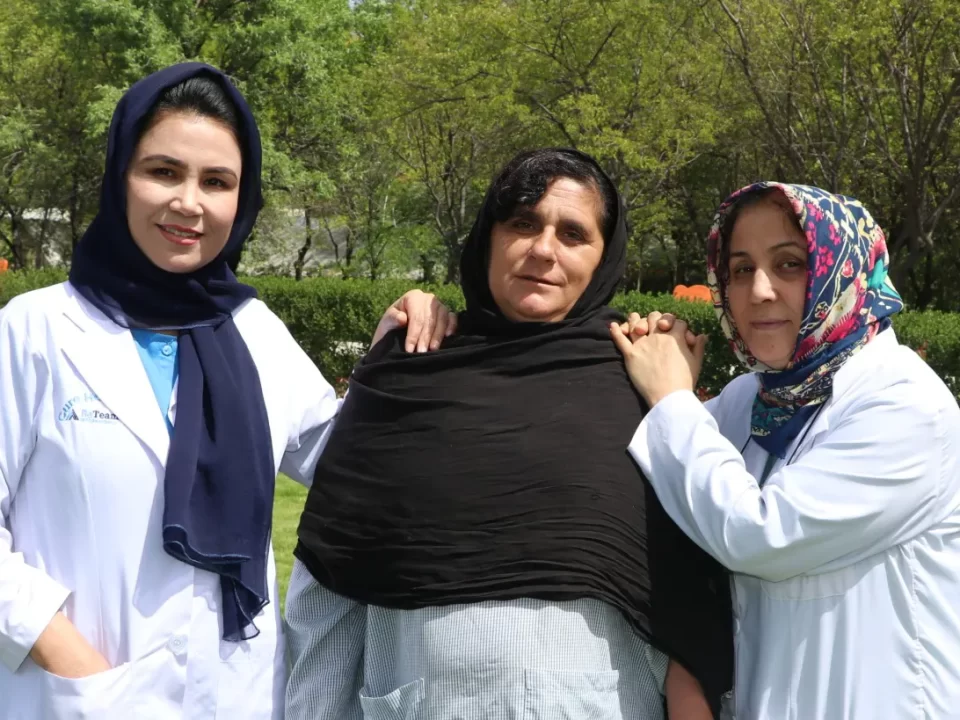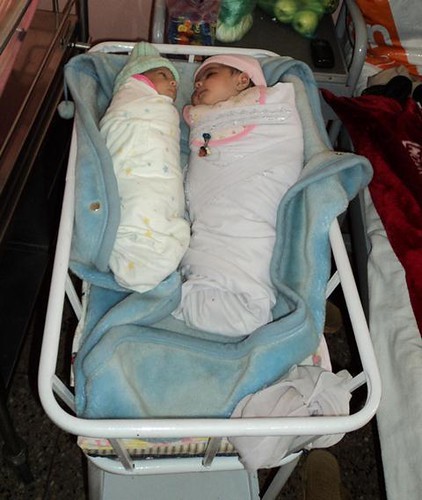
A Miracle in Afghanistan
November 26, 2019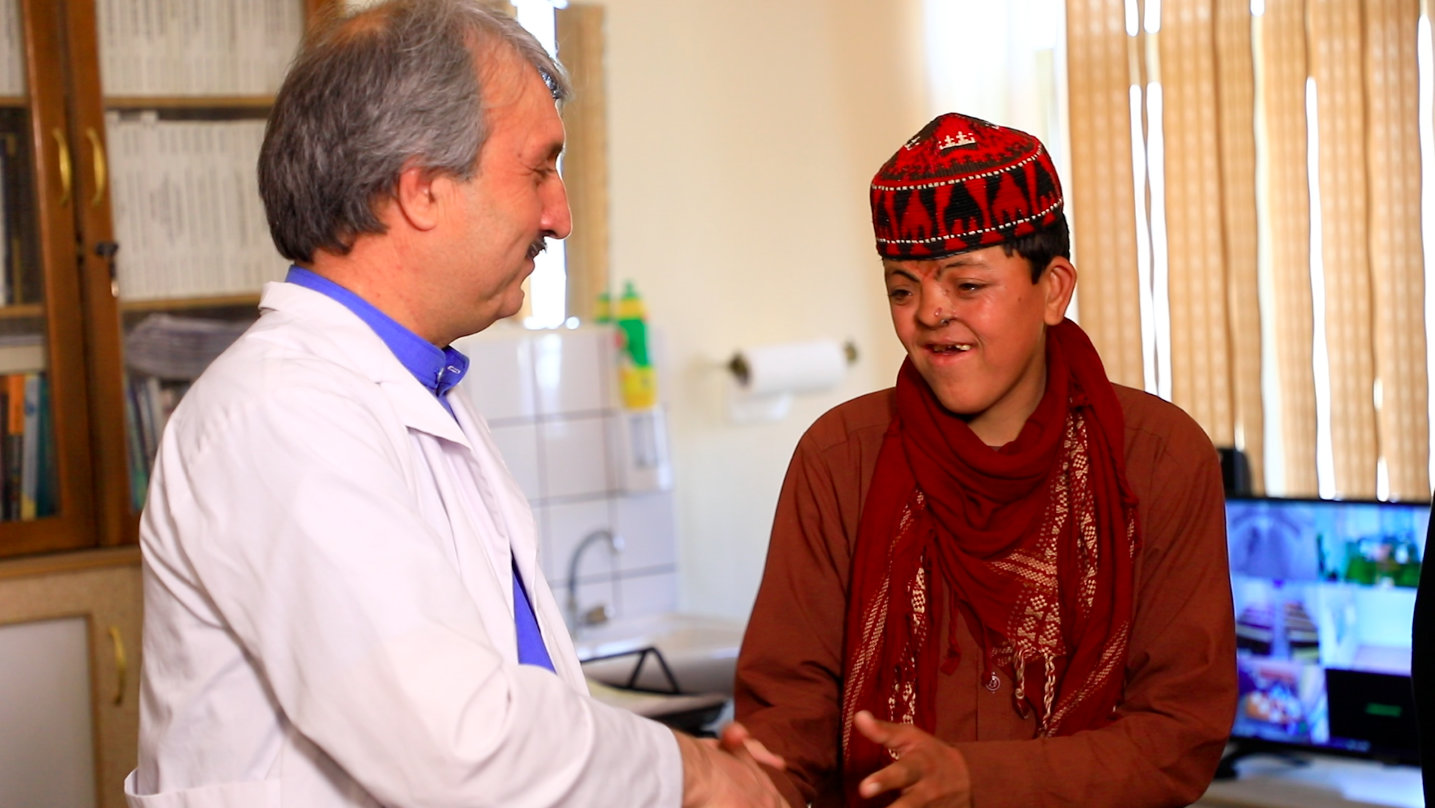
Boy born without nose finds new life
June 8, 2020Dr. Homa Dost, the Head of Cure Hospital’s Obstetric Fistula program, was recently interviewed by Dr. Barbara Lewis, MBA and editor of DocCom. DocCom is a collaborative effort between the Academy of Communication in Healthcare and the Drexel University College of Medicine. Its' aim is to improve the communication skills of healthcare clinicians during the earliest years of their training. The weekly podcasts function as a supplemental forum for clinicians to share lessons learned.
To the uninformed, it may seem unusual to think that a female Afghan doctor could have anything of value to add to such a conversation. Living in a largely paternalistic society, where gender inequality is added to daily privation and never-ending security threats, talking about 'finding joy,' seems absurd. Consider as well the crisis of physician burnout confronting the US healthcare industry today. How then is it possible for a female Afghan fistula surgeon to speak of finding joy in her daily practice of medicine?
The answer according to Dr. Dost is really quite simple. One finds joy by focusing on the patient in front of them. One celebrates any and every small measure of healing and comfort with them. Actually, being cured of incontinence is no small healing. It is life changing, but small or large, healing should be celebrated. It should be noted that not all fistulas can be surgically closed. About 10% of the women leave the hospital as incontinent as when they arrived. How does Dr. Dost find joy in serving these unfortunate patients? Her answer comes from her patients. 'You showed us that you cared. You listened to our story. You tried your best and in so doing you have given us back our sense of dignity. We thank you for that.'
Dr. Dost has not forgotten that good medical care depends first and foremost on strong and empathetic relationships with one's patients. By bringing smiles to the face of her patients, she finds reason to smile herself. Finding joy in the midst of tragedy. This may be the best antidote for physician burnout that the world has to offer. You can find the full 12 minute interview here on the November 2, 2019 podcast publication from Stitcher.


